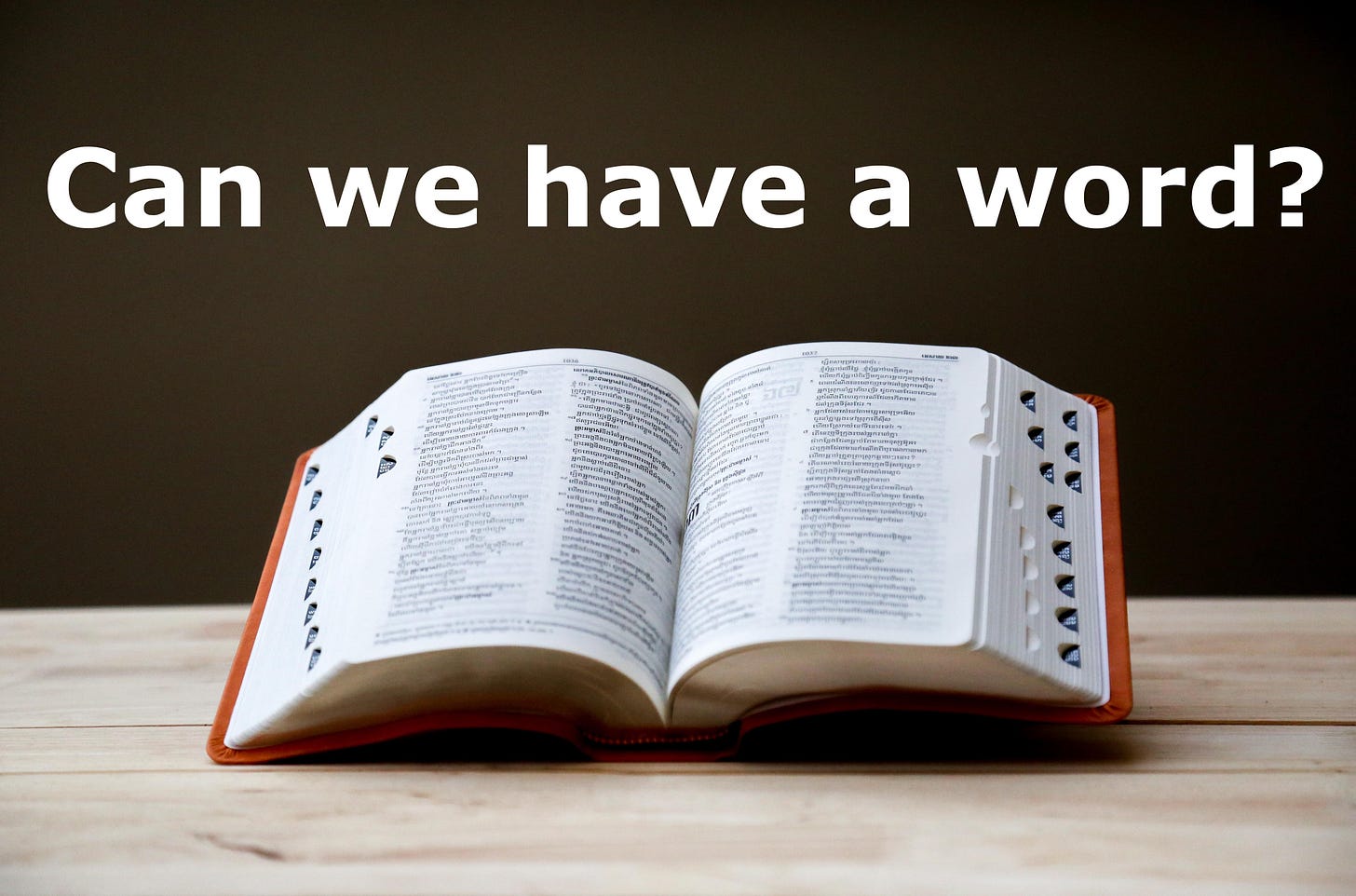This issue marks one year of posting this newsletter.
My goal from the start has been to attract a following offering quality educational and inspirational content on the process of writing long fiction, utilizing my teaching skills, offering numerous links to writing sources, and using my daily X (Twitter) posts on writing as the centerpieces of each short, 2X monthly “issue.”
I wanted Writing Rhythm to be the type of newsletter I like to read, with illustrations to make it easy on the eye, plus a ton of research and links if readers want a deep-dive into any particular subject.
Looking Back
Here’s a linkable dekko (or, a peek) at my issues from this first year, complete with links and descriptions. Just in case you might want to, y’know, review.
1) The Secret to being a Writer - Introduction & promises.
2) Get Your Head Right to Write – The first “Keeping On Track,” and three vital elements: self-confidence, confidence & keeping it fun.
3) When People-watching is Homework – Observations on dreaming up characters, my process, and an example.
4) The Care and Feeding of an Idea File – The first of three issues introducing a writer’s idea file—and an aside on Writer’s Block.
5) A Peek at My Idea File – Part Two of Idea Files, highlighting examples and snippets from mine.
6) Ideas—How to Bring ’em Back Alive – In Part Three of Idea Files: tips on making sure ideas don’t get away, with examples.
7) Writing What You Like vs. Writing What Sells – Weighing out what to write, and choosing your genre.
8) Fiction Genres—A List – An illustrated, rhyming list of possible fiction genres for your perusal.
9) Good Books, Bad Books, and Your Ideal Reader Learning from books, good and bad, and assigning yourself as an ideal reader.
10) Benefits—and a Secret Bonus—of Writing for Kids A rhyming, illustrated tour of categories, by age, plus (shhh!) a secret bonus.
11) Pick Your Plot—An Overview Four huge ingredients about which you should be thinking: character, setting, structure and publication.
12) Pantsers vs. Plotters – Get into the weeds on definitions and debates over pantsers and plotters and decide what you are.
13) Good Conflict is Personal – Learn the types of conflict used in fiction, and see examples of how they’re done.
14) Dream up your Theme – Find out the differences between themes, morals, and motifs and how you can use ’em in your novel.
15) The Beginning of the Beginning – Cooking Up an Idea – How to nurture an idea, add conflict, and craft the start of a story.
16) Read While You Write – The importance of pleasure-reading and the benefits of writing-resource books.
17) Setting the Stage—An Overview – Ask yourself five questions—and consider three points of preparation—before you start.
18) How Will You Physically Write It? – Handwriting vs. keyboarding, and word-processing history and choices.
19) Where Will You Write? – Do you need a specific writing space—or can you write anywhere?
20) How Many Words In Total Should You Write? - Word-counts, definitions, and the perils of under- or over-writing.
21) What Time of Day Will You Write? – Pros and cons of writing at different times of day, and choice vs. necessity.
22) How Often and How Much? - Deciding between writing by time-increment or word-count, with examples from some familiar names.
23) Is Every Day Even Possible? - Late, great author Gene KoKayKo—and his enduring, simple suggestion to me (this one’s personal).
24) Self-Doubt & Writer’s Guilt - Keeping On Track #2 – On preventing us from being our worst enemies.
And…Looking Forward
Coming up next issue, we’ll continue the spirit of the anniversary celebration with…a flash-fiction/poetry writing contest based on vocabulary. Don’t miss this chance to win a prize.
Following this is a two-parter on dealing with the non-writers in our lives, then we’ll segue to four issues on Writing Groups: the positives, the negatives, and how to join or form one. We’ll have multiple columns on the research you might or might not want to do to aid in backstory and firming up setting and plot. Further ahead we’ll deep-dive on the vital overall subject of character.
Categories will include motivation, character types, arcs, dialogue and more. Finally, in addition to the usual “Can We Have A Word?” vocabulary section and the every-other-time “Question of the Month,” I’ll be adding an intermittent new feature called:
In this, I’ll post before-and-after text to demonstrate how adding detail and orientation to a rough draft can make all the difference.
And…here’s a question I’ve been saving for just this occasion:
This one’s from one of my snarkier subscribers (this guy is also a snarky friend, so, it’s to be expected). He claims to like Writing Rhythm, but wanted to know about “the elephant in the room,” as he put it.
“I have a paid tier,” he pointed out, “but all the content is gratis. What’s in this for you?”
My answer: Like many with a newsletter, I am indeed a fiction writer here to promote my own material. I will sneak that in now and then (without being obnoxious, I promise). I’m in the final draft stages of my four-volume psychic-detective series (“Touch”). Just for kicks, here’s a cover mockup of the first book, to be released in print and electronically.
It’s not available yet, but when it is, you’ll hear about it here (you can also keep posted on my website or on X.).
In the meantime, stick around! I promise to continue to avoid wasting your time by posting pet pictures and filler. I’ll always try to earn my subscribers by offering quality content, and giving my fellow writers and readers the kind of tips and info that I seek myself.
Lastly, here’s a shoutout to my subscribers, followers and fellow Substack creators, with so many of whom I’ve had a chance to connect.
I appreciate you hanging in. And Unsplash photographers, you’re the best. May I never fail to attribute you.
And now,
Take a peek at this odd word, British in origin, absorb it, and make it come to life in your fiction.
What is a dekko?
Action Plan
This newsletter is free. I write it to share creative insights and to promote my own writing. Please help me find new subscribers by sharing it, commenting or subscribing (did I mention there’s no charge?).
Next up:
We’ll keep the “pause” on the regular writing issues for one more post…to give y’all the chance to win a prize related to vocabulary (hint: see “Can We Have A Word?” section, above).
Are you in?
#26) A Writing Contest. See you in two weeks!
Craig



















Excellent wrap up. Thank you Craig.
I am in!